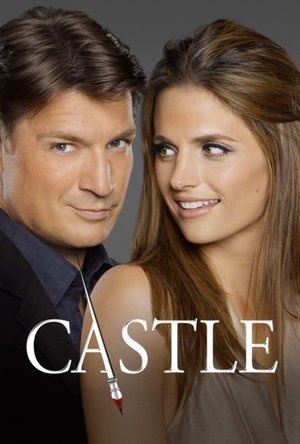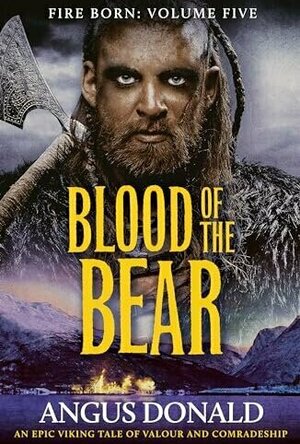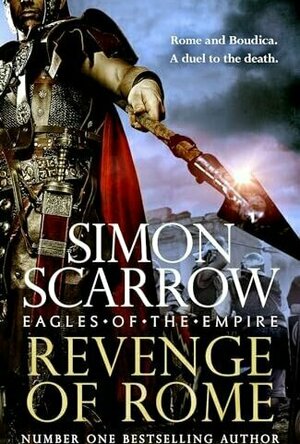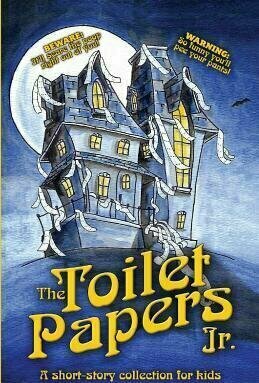
The Toilet Papers, Jr: a short-story collection of horror, humor, & fairy tales for kids
Book
Don't you hate losing your place in your bathroom book? The Toilet Papers, Jr. is a short-story...

Stone Cursed: Taurus (Highland Gargoyles #6)
Book
Locked in stone. On his night off from sentry duty, gargoyle shifter Alec heads out for a night...
Paranormal Romance
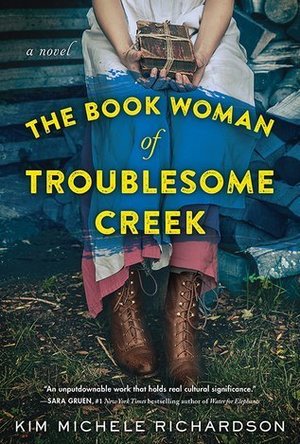
The Book Woman of Troublesome Creek
Book
The Book Woman of Troublesome Creek is a powerful message about how the written word affects...
historic fiction
David McK (3663 KP) rated Blood of the Bear (Fire Born volume 5) in Books
Oct 18, 2024 (Updated Oct 18, 2024)
Here, we have Bjarki living a quiet life at the start of the novel, before events transpire to drag him - and his sister Tor - back into the conflict between the Christian Franks and the pagan Danes/Saxons, events that culminate in one of the few Frankish (temporary) defeats.
Worth a read? Yes.
As good as the Outlaw Chronicles series? No.
David McK (3663 KP) rated Revenge of Rome (Eagles of the Empire #23) in Books
Apr 21, 2025
Whilst the previous novel - 'Rebellion' - dealt largely with the battles won by Boudica (including the sack of Londinium), this instead follows the 'mopping-up' (for want of a better word) operation against her: something that, truth be told, is often over-looked.
With Cato and Macro deciding to quit Brittania (again) at the end of the tale and with the former resigning his commision, I'll be interested is seeing where any further novels go ...
graveyardgremlin (7194 KP) rated Patricia Briggs' Mercy Thompson: Homecoming in Books
Feb 15, 2019
Jim Butcher's "Warrior," the first piece, is very good. It follows Harry and the Carpenter family after they experienced some major changes in the last Dresden novel. I could have stood a little more Molly, but Harry and Michael were the focus characters and they worked out some things that really needed to be dealt with. I'm glad I read this before the next Dresden novel, because I feel there's important character development. I seriously recommend this book to all Dresden fans.
I haven't read any of Simon R. Green's novels, though I've heard of the Nightside series and thought about picking one up. If "The Difference a Day Makes" is typical, though, I may not bother. He is a good writer, so I'm not sure what it is that bothered me so much. I know that something framed as one of the nastiest things people could choose to do in this piece isn't even in my top 10, but I feel there's something else that I just can't quite articulate yet.
I've read all three of Kat Richardson's Greywalker novels and enjoyed them enough that I plan to keep reading. "The Third Death of the Little Clay Dog" is my favorite piece of her work, hands down. There's more light, somehow, and that's important to me.
"Noah's Orphans" is my first exposure to Thomas E. Sniegoski, as far as I can recall. It was an interesting piece. I found myself wondering about Remy Chandler's past, about how the character has developed. If there are novels featuring that character, I may give them a read. In any case, it brought up some interesting questions about faith and obedience. I think it would have been more personally relevant to me about 20 years ago, though.
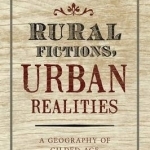
Rural Fictions, Urban Realities: A Geography of Gilded Age American Literature
Book
The diminishment of rural life at the hands of urbanization, for many, defines the years between the...
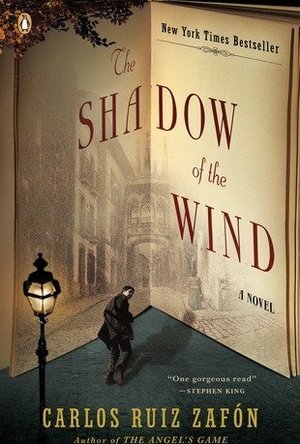
Shadows of the Wind
Book
The international literary sensation, about a boy's quest through the secrets and shadows of postwar...
